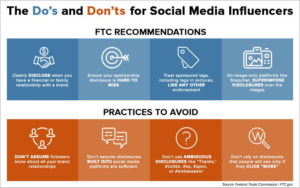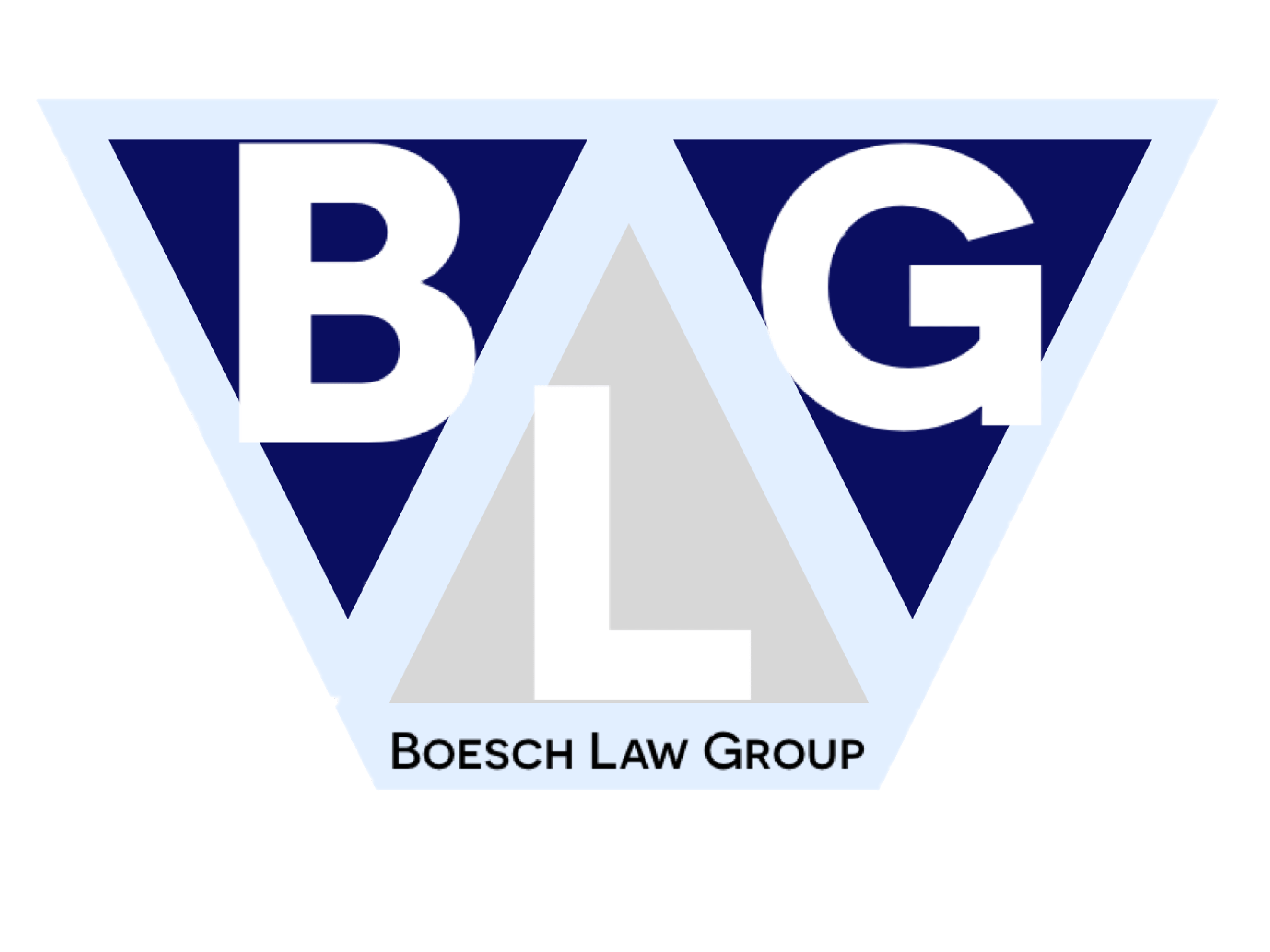A Multi-billion Dollar Industry…and Growing
The Boesch Law Group has handled and followed matters concerning the Talent Agencies ACT (TAA) for decades. Agents, managers, and influencers often have to struggle to reconcile the definition of “artist” under the TAA with the characteristics of the modern social media influencer.
 The social media and influencer industry is a multi-billion-dollar industry that grows exponentially year to year. Facebook has almost 3 billion daily active users, YouTube over 2.3 billion a month, and Instagram has reached the 1 billion user mark as of 2021. According to one recent study, 42% of the study group listed themselves as being on social media “always”, according to a Hubspot report, 71% are more likely to purchase a product if referred from social media.
The social media and influencer industry is a multi-billion-dollar industry that grows exponentially year to year. Facebook has almost 3 billion daily active users, YouTube over 2.3 billion a month, and Instagram has reached the 1 billion user mark as of 2021. According to one recent study, 42% of the study group listed themselves as being on social media “always”, according to a Hubspot report, 71% are more likely to purchase a product if referred from social media.
The social media influencer is big business. Navigating the complexities of the rules and regulations associated with this industry is a challenge faced by influencers, brands, agents, and managers alike.
Keeping Up With the Social Media Game
State and federal regulatory law continues to be incredibly dynamic as the governments try to keep up with the industry progression, and its impact on consumption. Social media platforms like Facebook, Instagram, TikTok, Clubhouse, YouTube, Vimeo, Snapchat, and Pinterest, maintain independent rapidly developing internal regulations that have proven difficult for users to navigate.
Now retired Associate Director of the Federal Trade Commission, Mary K. Engle, has set a strong precedent demonstrating the Commission’s commitment to enforcing the regulations impacting the industry. The FTC filed its first Complaint related to native[1] advertising in 2016.[2] The Commission has become more and more aggressive in sending countless “educational letters” to brands and influencers to warn of their potentially deceptive marketing practices. Compliance with rules and regulations is key to maintaining an active account on the platforms.
The Commission’s main concern is the endorser’s or influencer’s adequate disclosure of what it calls a “material connection” with the marketer or brand. The definition of “material connection” includes more than just business relationships. A familial relationship, monetary payment, or receipt of a complementary product could trigger the disclosure requirements.
Social Media Account Deactivation is Common
Social media accounts are regularly deactivated leaving users and followers frustrated and confused about how to remedy the situation. Whether mega and macro or micro and nano, influencers are bound by these rules and regulations. Disclosures of “material relationships” must meet the standard of “clear and conspicuous,” meaning the language of the disclosure should not be ambiguous and the location of the disclosure must stand out and be visible. If an “image only” post is made on Pinterest, the disclosure must be superimposed onto the image in a location and color that is easily visible. If a post is made on Instagram, the disclosure must be made within the first three lines of the caption so as not to require the user to click “more” to see the disclosure. If appearing on livestream, the disclosure of a material relationship is required as often enough that it will be obvious for viewers to catch. The FTC also specifically warns against camouflaging a disclosure in the middle of multiple hashtags. This is a brief and non-exhaustive list of examples. Navigating the world of #AD, #SPON, #PARTNER, #AFFILIATE, #UNBOXING, #GIFTED, and #FREE is best accomplished with the help of legal counsel.

The Do’s and Dont’s for Social Media Influencers
Lessons learned include using simple and clear language, thanking the company for sending you products, using terms like “advertisement,” “ad,” or “sponsored” to represent the relationship to the brand. It seems simple to know it’s deceptive if you talk about experiences you have had with a product, you have never actually used, and it seems equally clear that if you have no brand relationship and are just letting people know that you happen to like the product, then you do not need to declare your comments as endorsements.
Brands and influencers not only must abide by FTC rules and regulations, but also giveaways, promotions, and contests can trigger regulation by the United States Postal Service (specifically the application of the Deceptive Mail Prevention and Enforcement Act (DMPEA)), by the Federal Communications Commission and Securities Exchange Commission (SEC) and by the platform rules themselves. Instagram’s Promotion Guidelines, for example, prohibit the requirement of “inaccurately tagged content,” which typically occurs when an influencer improperly requires a user to tag themselves in a photo or comment to qualify for the promotion. When the SEC decided to make an example of Floyd Mayweather Jr. and DJ Khaled for promoting investments in a crypto currency company without revealing that they’d been paid for their endorsement, SEC Enforcement Division co-director Stephanie Avakian said: “With no disclosure about the payments, Mayweather and Khaled’s promotions may have appeared to be unbiased, rather than paid endorsement,” and so it was that the influencers forfeited their fees, paid additional fines, and agreed to a multi-year ban on similar endorsements.
For social media lawyers and influencer managers, it is all about the endorsement contract. When influencer and actor Luka Sabbat struck a deal with Snapchat, he was offered $60,000 to wear Snapchat’s “Spectacles” while attending the New York Fashion Shows, and then to post content of himself and the glasses to his Instagram Stories. Sabbat only made one post, and not the four as agreed upon in his contract with the firm that had advanced Sabbat $45,000 of the $60,000 for the endorsement. When Sabbat failed to perform and perform promptly, he went from influencer, to defendant in the lawsuit to collect damages, the advances, plus costs and fees.
When to Seek Legal Advice
When brands or managers or influencers are lost in the weeds of the rules and regulations from federal and state governments, unions and various social media platforms, they mostly are trying to manage relationships and contracts between brand influencers. As the industry has grown, so has the rise in litigation arising out of these relationships and endorsements. The complex dynamic of native marketing requires thorough contracting with clear guidelines on exclusivity, compensation, morality, intellectual property, scope of work, measure of accomplishment, analytic transparency, indemnification and many other considerations you haven’t thought of. Overlooking these critical matters and proceeding with a handshake and a nod, or a formbook contract, can easily result in costly, and often avoidable, litigation.
In 2017, the Labor Commissioner issued an Opinion distinguishing between “procuring or attempting to procure employment” and “developing and promoting” a brand, giving insight into ways that navigation can work.
Influencers and their managers also often feel the same concerns as marketplace competitors in navigating the laws and rules of defamation, trade, “advertising injury,” and intellectual property infringement. These are among the claims that The Boesch Law Group has avoided, defended and prosecuted for influencers, brands, managers, and agents. To speak to a BLG influencer attorney who can help guide you across the changing landscape call us today at (310) 578-7880. 
[1] Native advertising is accomplished by a paid advertisement being camouflaged with the media format that it is published in for example, an Instagram influencer posting about an experience using a product while getting paid for that post. It is difficult for consumers to distinguish if that review is authentic or influenced by compensation.
[2] https://www.ftc.gov/system/files/documents/cases/160523lordtaylorcmpt.pdf


